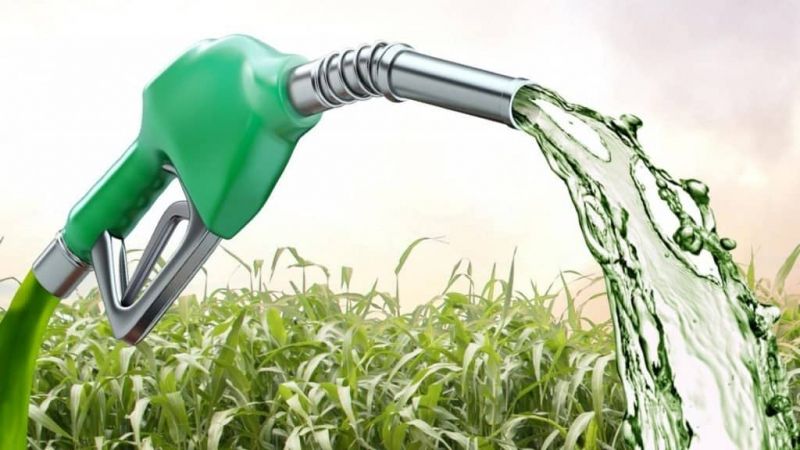The Brazilian government promotes biodiesel production and its use as a sustainable energy source through the National Biodiesel Production and Use Program.
Biodiesel production in Brazil reached 6.3 million cubic meters in 2022, a decrease of 7.6% compared to production in 2021.
In addition, as the world’s largest producer of sugarcane ethanol and with the largest fleet of flex-fuel vehicles, Brazil stands out as a global reference in bioenergy.
The Brazilian government has continuously supported the development, production and distribution of fuel ethanol as an alternative to petroleum.
In 2017, a law was passed launching a National Biofuels Policy (RenovaBio) to promote biofuels and contribute to the commitments made by Brazil as part of the Paris Agreement.
Also, the National Agency of Petroleum, Natural Gas and Biofuels (ANP) regulates the production and distribution of ethanol in Brazil.
Biodiesel
Ethanol production requires several activities, such as the development of special sugarcane varieties, cultivation techniques, flexible fuel engine technology, processing, storage and distribution.
Recently, research has focused on the development of sugarcane varieties, second-generation ethanol and optimization of agricultural and industrial production processes.
In 2022, domestic anhydrous and hydrated ethanol production reached 30.7 cubic meters, an increase of 2.1% compared to 2021 production.
On July 14, 2022, Congress enacted Constitutional Amendment No. 123, which granted the federal government a R$41.25 billion waiver on the 2022 spending ceiling to increase social benefits (mainly Auxílio Brasil and Gas Aid), implement an aid to truck and cab drivers, increase spending on food provided to low-income people and reduce taxes on ethanol.
On November 3, 2022, the Federal Supreme Court ruled that the Federal Government should reactivate the Amazon Fund, originally created to raise funds and finance environmental protection measures in the region.
By decision of the Court, the federal government was given 60 days to comply with the measure.

